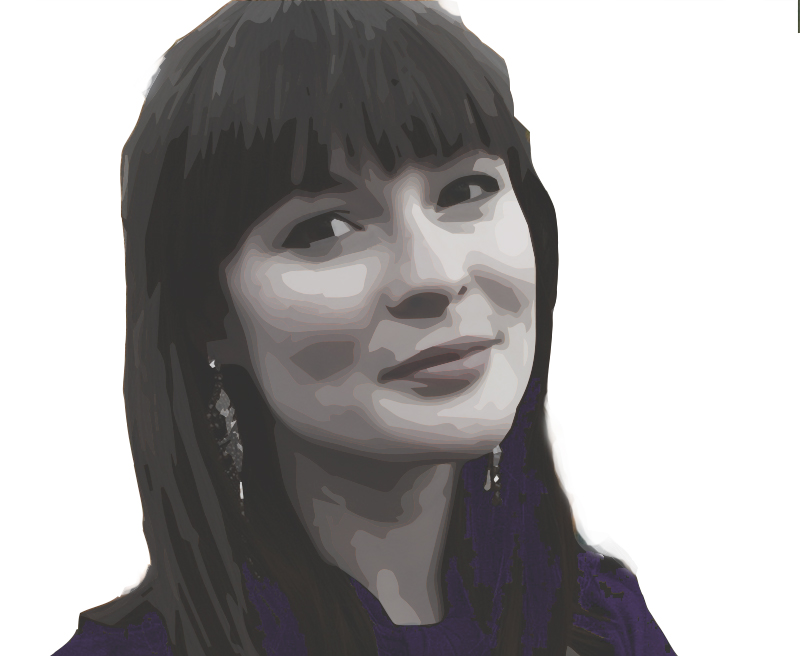Geneva 2: torture photos put onus on humanitarian solution
Such cruelty is not confined to the regime's prisons: humanitarian goals must take centre stage at talks

A free daily email with the biggest news stories of the day – and the best features from TheWeek.com
You are now subscribed
Your newsletter sign-up was successful
JUST when the international community was preparing for Geneva 2 to be a damp squib, new and compelling evidence has emerged to support what human rights groups have long argued: that the Syrian government is systematically torturing and murdering detainees.
The 55,000 digital images of approximately 11,000 corpses of detainees were smuggled out of Syria by a former regime police photographer known as 'Caesar'.
He has been interviewed by three distinguished international justice lawyers, who have concluded in a 31-page report that there is clear evidence of "systematic torture and killing of detained persons by the agents of the Syrian government". This evidence would support findings of crimes against humanity conducted by the Syrian regime, and possibly war crimes.
The Week
Escape your echo chamber. Get the facts behind the news, plus analysis from multiple perspectives.

Sign up for The Week's Free Newsletters
From our morning news briefing to a weekly Good News Newsletter, get the best of The Week delivered directly to your inbox.
From our morning news briefing to a weekly Good News Newsletter, get the best of The Week delivered directly to your inbox.
So far, calls for President Bashar Assad and his aides to face justice have stumbled over the fact that Syria is not a member of the International Criminal Court. The necessary referral by the UN Security Council - particularly given the presence of Syria's staunch ally Russia - has remained highly unlikely.
These photographs and testimony may finally change that, and will certainly put Assad's negotiating team at the Syrian peace conference in Switzerland on an unexpected backfoot when proceedings start tomorrow.
Claims and counter-claims over rights abuses in Syria, conducted very publicly via the media, have become de rigeur. With so few journalists or humanitarian workers able to do their job properly, verifying information has become a highly politicised process.
Many will make similar accusations about this report, which has Qatar's fingerprints all over it. Not only does the tiny Gulf state support the rebel group that helped 'Caesar' smuggle out the images, but the group of solicitors who commissioned the report was also acting on Qatar's behalf.
A free daily email with the biggest news stories of the day – and the best features from TheWeek.com
Still, such an enormous cache of evidence is indisputable. Further, the report's authors - all internationally respected lawyers with long experience in similar cases - stated that Caesar was "not only credible but that his account was most compelling".
It is also far from the first time that such claims have been made.
According to a Human Rights Watch statement released yesterday, "Security forces have subjected tens of thousands of people to arbitrary arrest, unlawful detention, enforced disappearances, ill-treatment and torture using an extensive network of detention facilities throughout the country."
Ahead of Geneva 2, HRW called for, among other things, the establishment of an independent commission to review detainees' cases, monitor their treatment and ensure their release. To properly pursue its mission, HRW added, the commission should be granted access to all detention facilities.
For most observers of the nearly three-year-old Syrian civil war, such demands will have seemed fair but also utterly unrealistic - until now.
The report states that images of 835 corpses were studied in detail. Sample photographs provided with the report offer a visceral and stomach-lurching footnote: hollowed-out abdomens, jutting hips and exposed flesh bear witness to the immense suffering these people went through.
Of course, such cruelty is not just confined to the walls of Syria's prisons: in cities across the country, medieval siege tactics are being used with great efficacy, with life-saving humanitarian aid regularly being prevented from finding its way to those who need it. News about residents of Yarmouk being shot at by snipers as they forage for leaves to stew in water - a day's meal - should also weigh heavily on those at Geneva 2.
For several months now, it has been very clear that the opposition's main objective at Geneva 2 - "removing the butcher from power" - is redundant. Assad's recent announcement that he sees "no reason" why he shouldn't run in the elections this year puts the final nail in that coffin.
If a political transition is not viable, humanitarian goals must take centre stage. The war will not end tomorrow, and yes, there are a large number of hard-line Islamist groups - also responsible for atrocities - who will answer to no one. But the Syrian government can be held accountable, and it holds the key to addressing many of these issues.
Hopefully, this new evidence will refocus the conference on the immediate, concrete steps that can be taken to help ordinary Syrians whose lives are being torn apart. If the regime was to allow human rights groups to inspect detention facilities, and to facilitate the transport of aid to besieged areas, it would be a good start.
Venetia Rainey is a Middle East correspondent for TheWeek.co.uk based in Lebanon where she works for the national English-language paper, The Daily Star. Follow her on Twitter @venetiarainey.